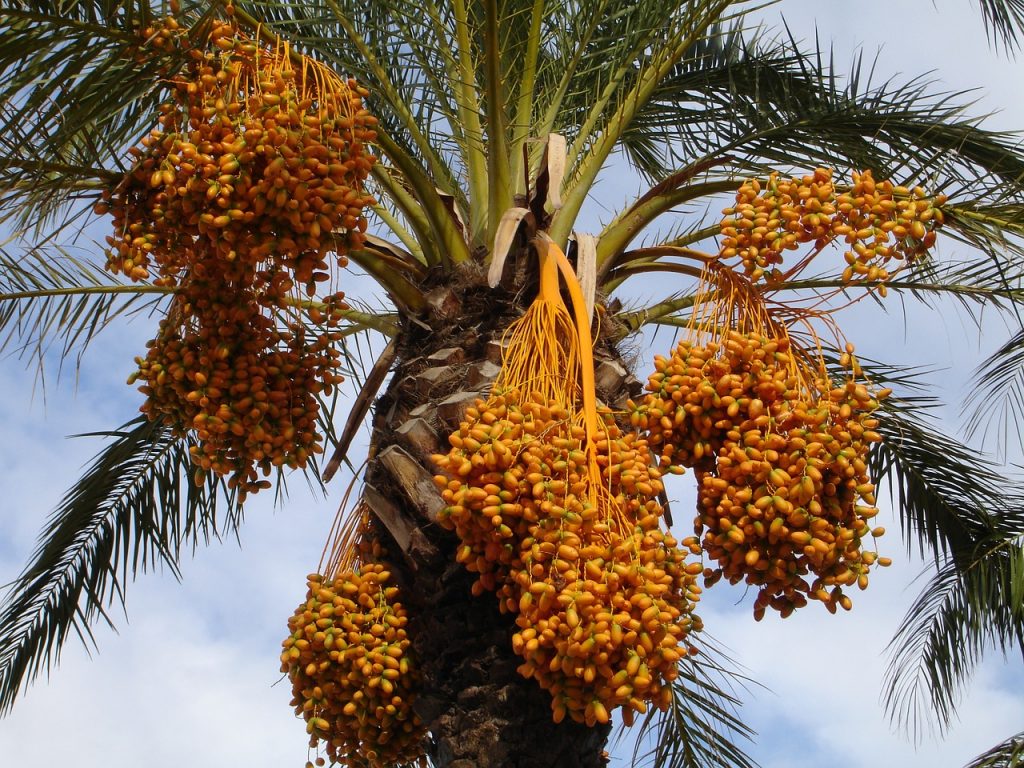Plant clinics, pests and pads of paper
“We’ve arrived everyone. Off the bus”. Ten journalists, myself and five other CABI staff disembark eager to write our own stories on this, a landmark day, for one of CABI’s latest projects – the Pest Risk Information SErvice (PRISE). PRISE, led by CABI and funded by the UK Space Agency’s International Partnership Programme (IPP), uses…
Navigating the Nagoya Protocol – CABI’s commitment to Access and Benefit Sharing of genetic resources
CABI scientists have penned an important paper published in the journal Biocontrol Science and Technology which pulls no punches when it boldly states ‘the future of humankind and the rest of Earth’s biodiversity depend upon our research efforts generating solutions to the global challenges.’ Now this stark realisation has grabbed your attention, what does the…
The view from above
We might not all be comfortable with the idea of unmanned drones, or government satellites scanning all corners of the earth but the data produced from these constant eye-in-the-skys is proving ever more useful in today’s environmental struggles.
Reaping a better cotton crop without the use of pesticides
Kurkali is a small village with 8700 households in Tehsil Sinjhoro, District Sanghar. Most of the farmers in this village are either ‘medium-sized farmers’, having less than 30 hectares of farmland, or small, with a farm size of 1 to 2 hectares. During the summer season, farmers grow cotton followed by seasonal vegetables and wheat.…
Climate change and its implication on Biological Control: Case studies from Latin America
Dr Yelitza Colmenarez, CABI Brazil Centre Director & Plantwise Regional Coordinator – Latin America and Caribbean, recently presented at the First International Congress of Biological Control in Beijing, China, on the fascinating issue of climate change and the impact on the Biological Control of agricultural pests and diseases in Latin America. Here we present Dr Colmenarez’s…
Mapping out ‘Biological control for a healthy planet’ – notes from a China conference
By Dr Sivapragasam (Siva) Annamalai, Regional Director/Plantwise Regional Team Leader at CABI More than 1000 biological control researchers and practitioners from 46 countries came together in Beijing, China during the week of 14 to 16 May 2018 to participate in this First International Congress on Biological Control (ICBC-1). The theme of the Congress was “Biological…
Making progress on the biological management of Red Palm Weevil at KhairPur – Sindh
By Riaz Mahmood and Naeem-ul-Haq, CABI Central and West Asia (CWA), Rawalpindi Date palm (Phoenix dactylifera L.) is of high economic importance for livelihood for hundreds of farmers families in Pakistan. Fruit and tree parts are of many uses. Date palm trees are spread over 98,000 hectares across Pakistan making it the fifth largest date…
Phytosanitary Risk Management Programme – transforming livelihoods in Pakistan
Meet Rozina Babar, she is one of thousands of smallholder farmers in Pakistan whose livelihoods are threatened by agricultural pests and diseases that can devastate crops and ultimately have a severe impact on food security and profitability. However, thanks to the CABI-led Phytosanitary Risk Management Programme – funded by USAID-USDA and working with partners including…
Showcasing smart agriculture in comic exhibition
Comics have long played a role in entertaining young people, and even adults, going right back to the Golden Age of Comic books in the 1930s. One only has to think of Superman, Batman, Wonder Woman, Captain Marvel and many more. But you would be forgiven for being surprised at knowing that comics can also…
Cotton harvest picture special
The power of the image paints a picture that speaks a thousand words and that is certainly the case with these fantastic images taken by photographer Asim Hafeez. Asim was commissioned by CABI to document the process of harvesting cotton in Pakistan – the country’s largest industrial sector – where more than 500,000 farmers…






